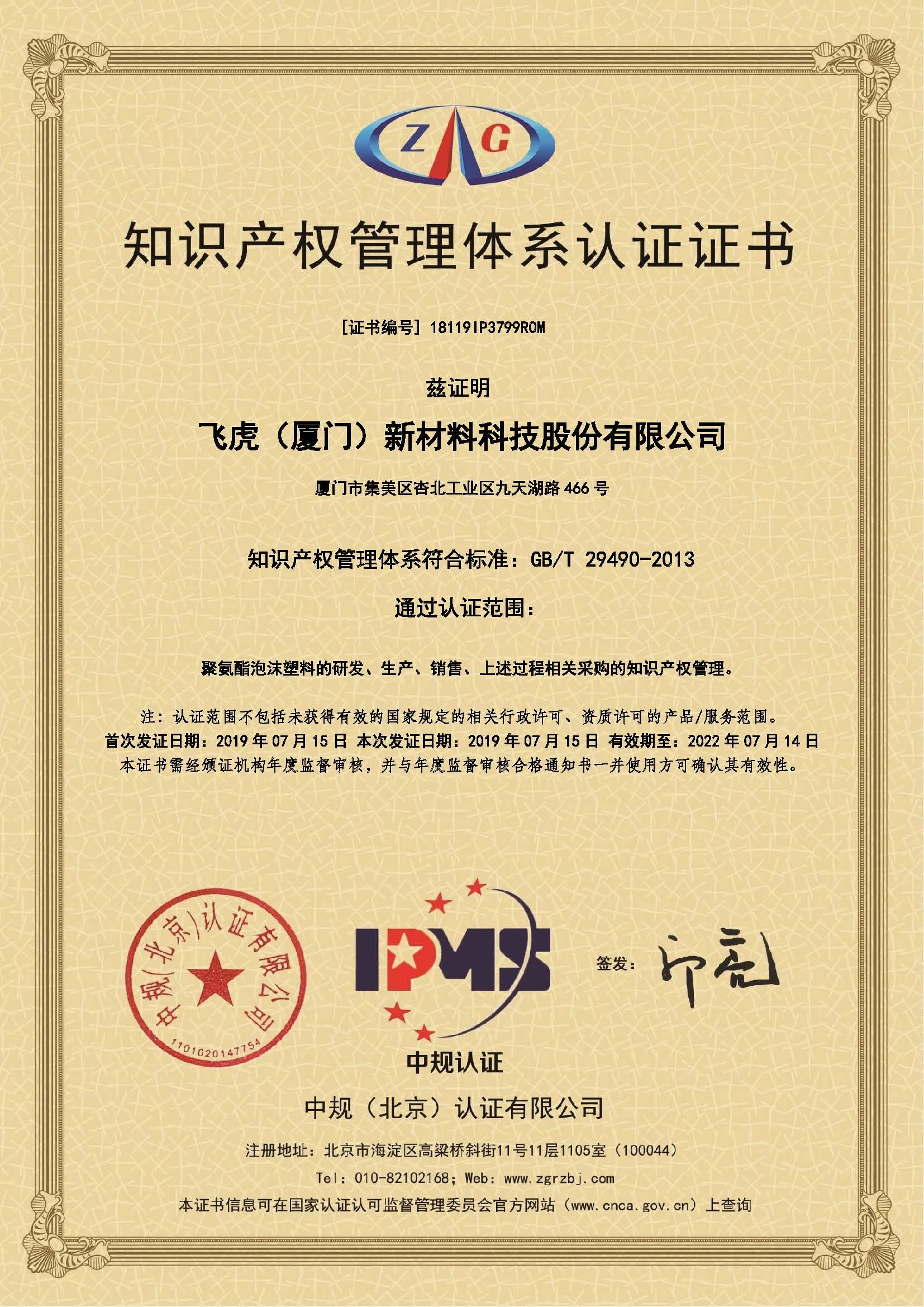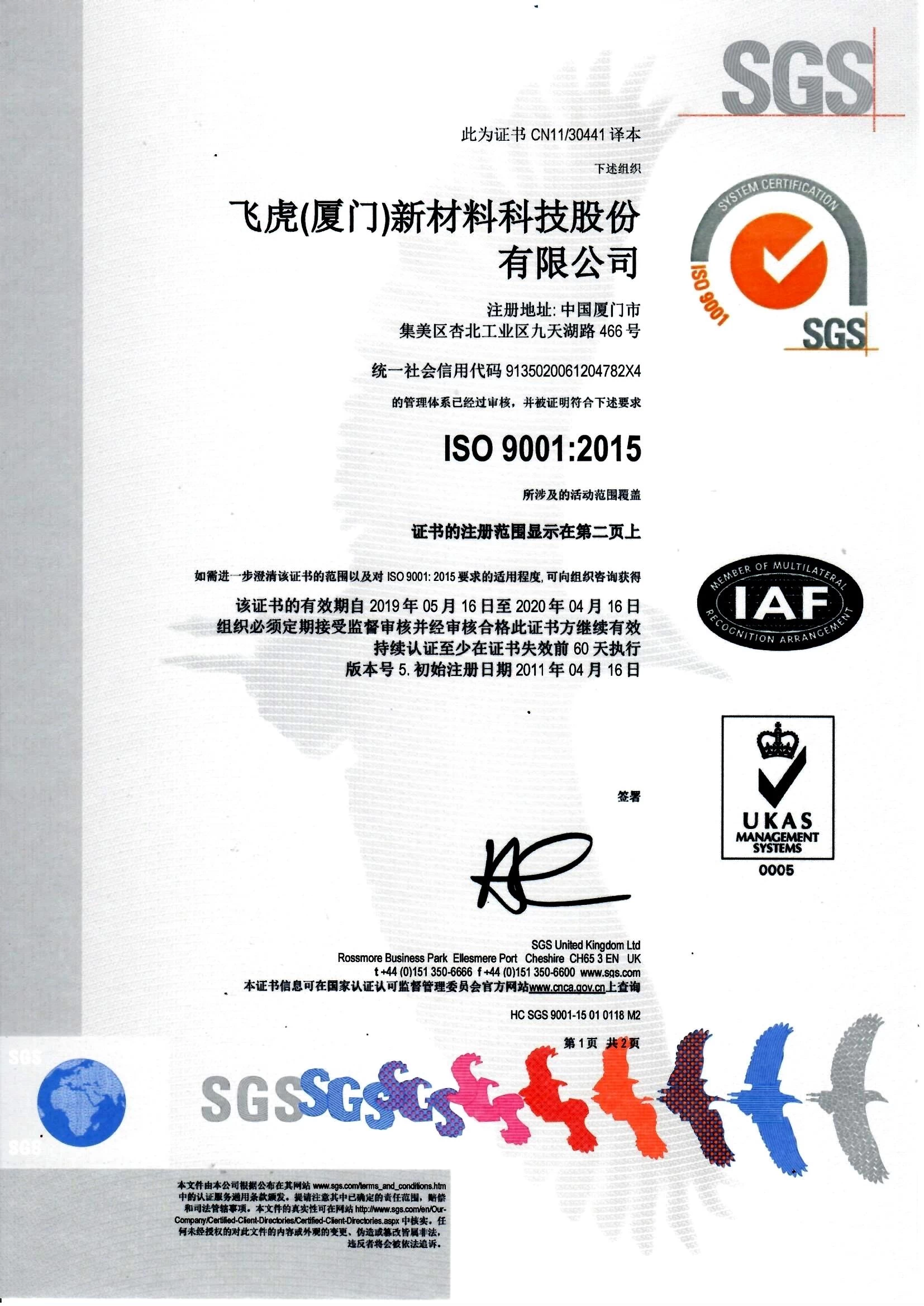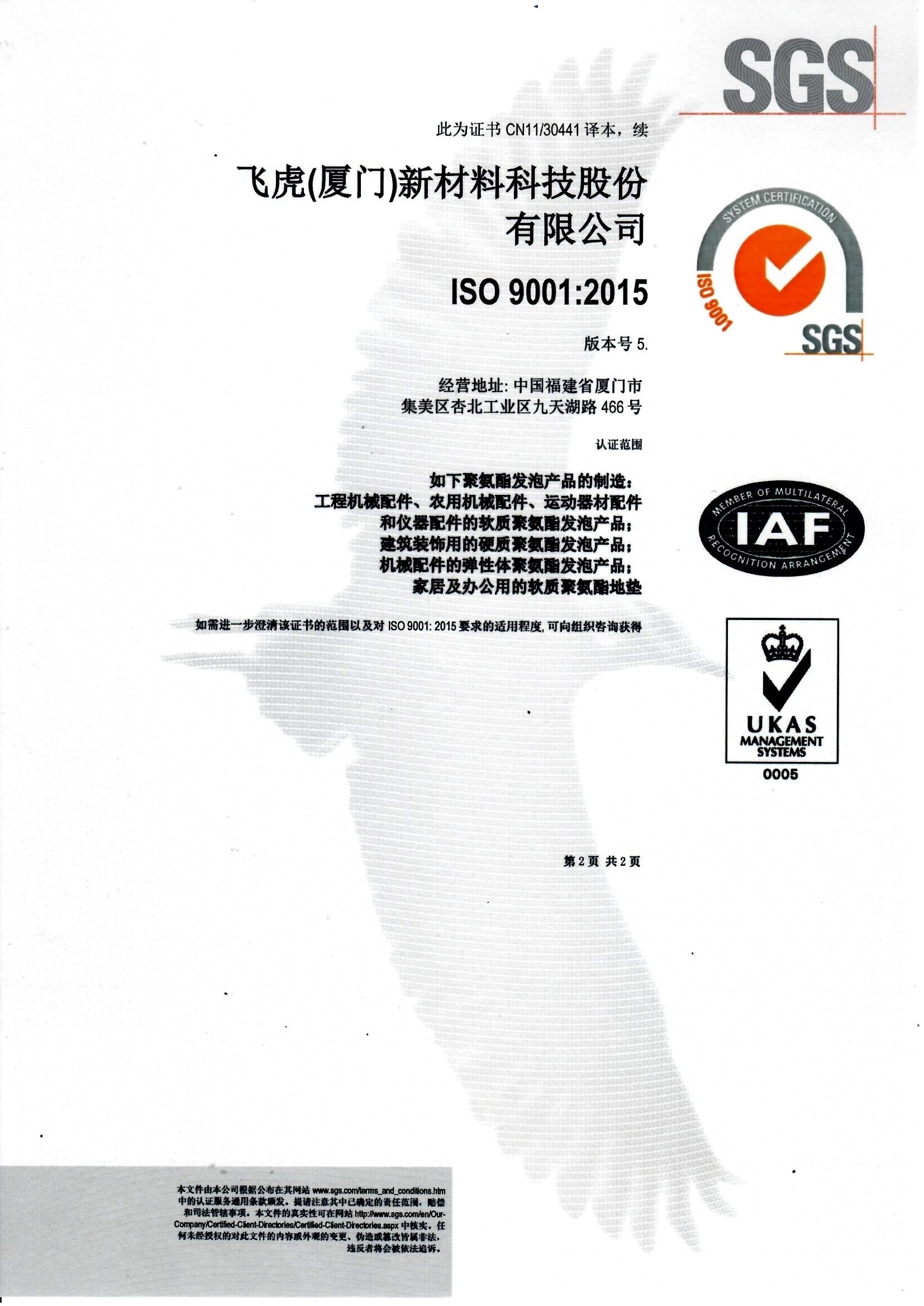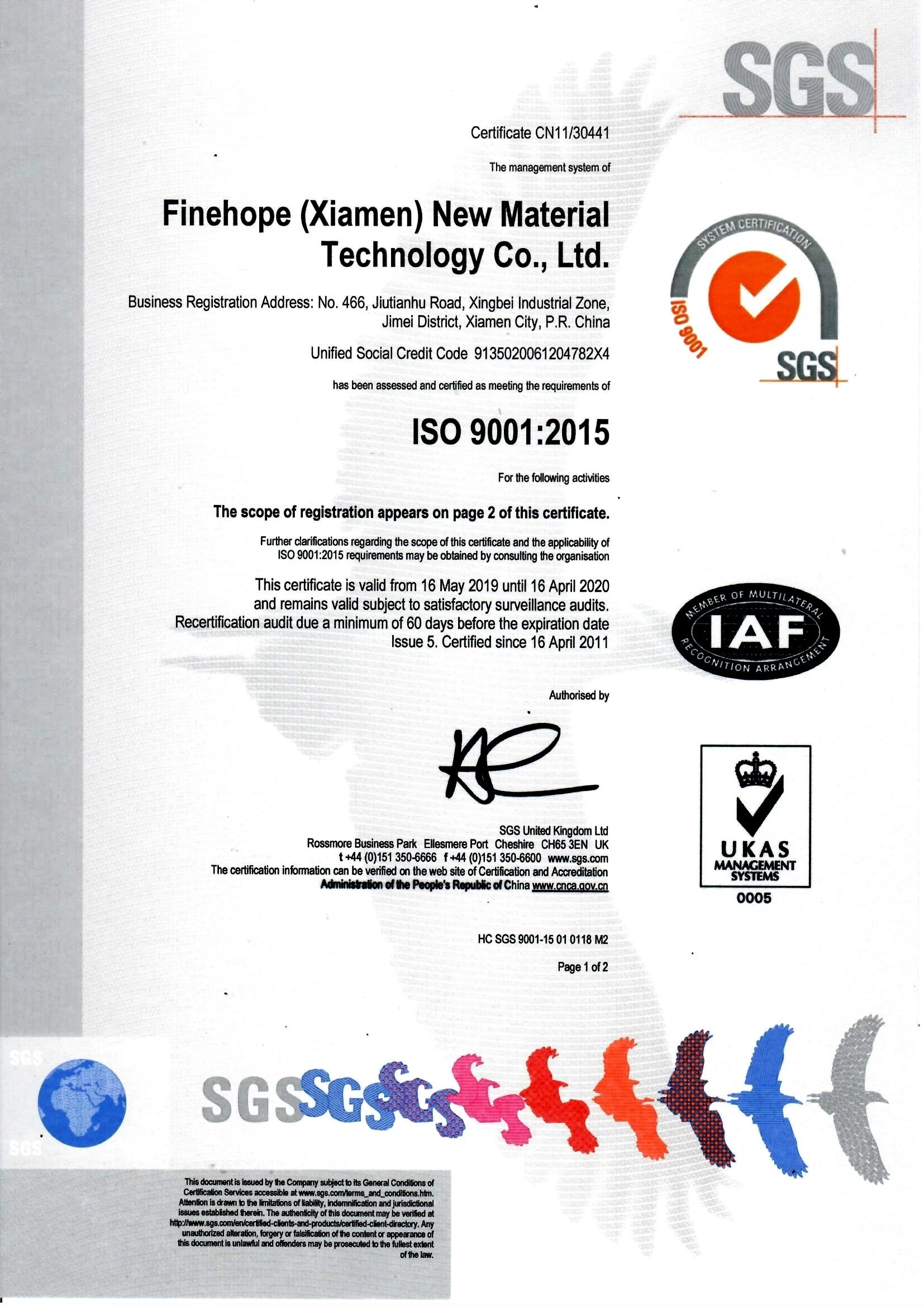Willpower is the ability to inhibit an impulse or desire
Hopely Li
2016-11-11 13:33:32
 1. Psychological Pain—Stress, depression, anger, and anxiety are the “pain” emotions. Just like physical pain, we are highly motivated to escape psychological pain. If you touch a hot stove, you will immediately and instinctively withdraw your hand. We just as readily and instinctively withdraw from psychological pain, only it is never as easy as just removing your hand from heat. Immediate pleasures are very alluring in moments of pain because they take on one additional purpose—they take the edge off the pain. Pain doubles the power of immediate pleasure, making you very vulnerable to failures of willpower. The research literature consistently shows that psychological pain is the most significant factor affecting loss of control across all pleasure-seeking behaviors, whether it is drinking, smoking, eating, gambling, sex, drugs, etc. If you have a vice, pain will put you in the car and drive you to it. If you know someone who is spinning out of control, you can bet they are engulfed in pain that they are desperately attempting to escape. If you are stuck in a cycle of psychological pain, focus on getting to the source of your pain or else it will gradually erode your self-control.
1. Psychological Pain—Stress, depression, anger, and anxiety are the “pain” emotions. Just like physical pain, we are highly motivated to escape psychological pain. If you touch a hot stove, you will immediately and instinctively withdraw your hand. We just as readily and instinctively withdraw from psychological pain, only it is never as easy as just removing your hand from heat. Immediate pleasures are very alluring in moments of pain because they take on one additional purpose—they take the edge off the pain. Pain doubles the power of immediate pleasure, making you very vulnerable to failures of willpower. The research literature consistently shows that psychological pain is the most significant factor affecting loss of control across all pleasure-seeking behaviors, whether it is drinking, smoking, eating, gambling, sex, drugs, etc. If you have a vice, pain will put you in the car and drive you to it. If you know someone who is spinning out of control, you can bet they are engulfed in pain that they are desperately attempting to escape. If you are stuck in a cycle of psychological pain, focus on getting to the source of your pain or else it will gradually erode your self-control.2. Deprivation—Deprivation is a prolonged state of being restricted from something that is highly desirable. The old adage, absence makes the heart grow fonder, is true in many senses. This is precisely why strict diets that have forbidden foods almost always fail. Eventually, we cave. Why? Deprivation increases the power of what we desire. The tension between the immediate pleasure and long-term consequence tips in favor of the immediate pleasure, making that negotiation more difficult. What to do? Moderation is key but be aware of the fine line between moderation and indulgence. Moderation doesn’t mean that you should consume every unhealthy food you can think of in moderation (e.g., donuts, pizza, cheeseburgers, candy, cookies, etc) because if one truly ate this way they could be eating unhealthy foods all day long. The object is to practice moderation for the entirety of unhealthy foods. Eat healthy almost always, but put nothing off limits or you risk empowering your temptations. (Note that moderation often does not work in the case of addictive behaviors. In that case, abstinence may be necessary for feelings of deprivation to eventually cease.)
3. Availability—Resisting chocolate cake is a cinch when you are stranded on a desert island. I’m a willpower pro on a desert island! When temptations are not available, willpower is a nonissue. Nobody eats ice cream they don’t have. Design your life like that desert island, by distancing yourself from the things that push your pleasure buttons. Get them out of the house. The presence of temptations not only increases your failure rate but also distracts you by forcing you to spend energy on a constant mental struggle when your attention could be better spent on…well…life!
4. Rationalization and Bargaining—This one can be the trickiest to overcome. We tell ourselves our best lies. And we are the biggest believers of our own BS. I mentioned above that willpower is when the immediate pleasure is in competition with a long-term consequence. We use rationalization to talk ourselves out of that being the current state. We argue that there will be no negative long-term consequence so there is no need to resist the current temptation. What is one doughnut? A few drinks isn’t going to hurt anything! I’m not suggesting you live a life that is lacking in indulgences, but be careful that rationalization can be used at too many decision points, slowly eroding your ability to ever resist. Bargaining works the same way. We strike a deal with ourselves that we will work to offset the consequences later. “I’m going to eat and drink too much tonight, but it will be ok because I’m going to workout extra this weekend.” If you find yourself often promising to clean up your messes later, you are bargaining. The problem is that “later” is also filled with temptations. The messes compound and the time to clean them up just never comes. I recommend paying all debts in advance. If you know you are going to consume 1,000 more calories at dinner than usual, make a plan to have accounted for it before the time comes (a reasonable plan that involves both exercise and diet, not by starving yourself in advance). By planning in advance, there is no issue of willpower, no need to bargain, and no mess to clean up. The good news is that each and every one of us has control over our willpower—if we want it. Take control of your willpower or else it may take control of you.
Related news:
- Polyurethane Yoga Exercise Stress Ball, Polyurethane best stress relief, stress reliever gifts, stress relief toy, stress toys for adults
- roller exercise wheel.steel roller wheels.heat resistant roller
- roller wheel.two wheel roller skate.plastic roller wheel.ab roller exercise wheel
- Jewelry display Chinese polyurethane factories,Necklace display stand factory China PU,, Chinese model bust mannequin manufacturer of polyurethane
- most comfortable road bike saddle.best bike saddle.wide bike saddle.custom bike saddle

















